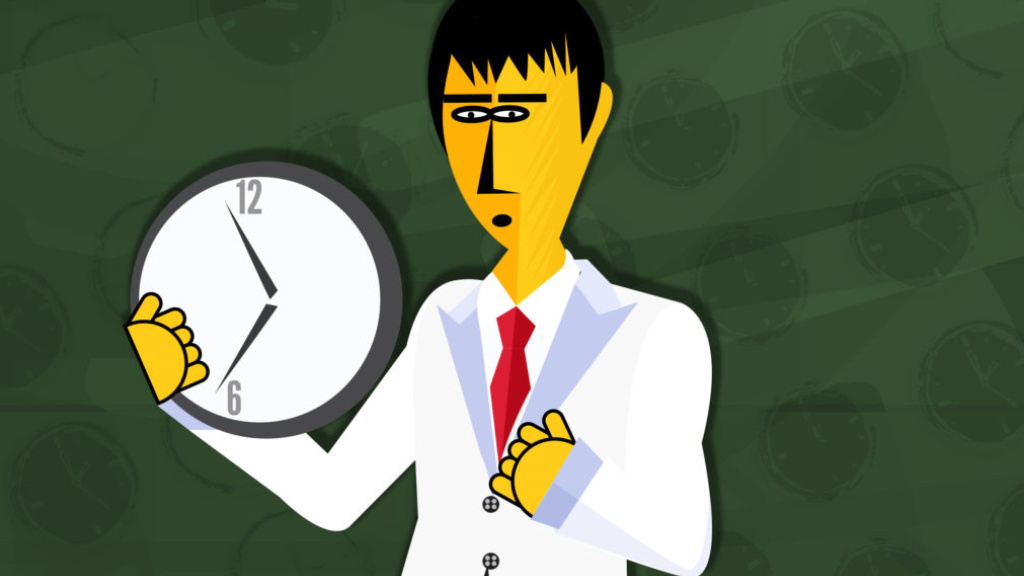Aristotle, one of the most famous philosophers and scientists of all time, once said, “Patience is bitter, but its fruit is sweet.” What the phrase conveys is all too familiar to those in the scientific community. Patience needs to be cultivated by researchers who wait for the outcome of their studies. History is full of success stories of the science community showing both patience and persistence.
Quitters never prosper
Patience is essentially the ability to stay relatively unruffled in the face of adversity. Earning a Ph.D. takes time, writing grants and getting funding takes time, and experiments – some of them never yield results or take a long time to do so.
For example, there is the story of the two scientists who discovered the HPV virology, which eventually led to routine tests that check for cervical cancer in women. They were studying and researching the bacteria that causes the HPV virus for nearly 13 years before their findings were accepted. “In January 1928, Dr. George N. Papanicolaou first announced his findings at the Third Race Betterment Conference in Battle Creek, Michigan, but these were met with skepticism and resistance from the scientific community. This rejection did not deter Dr. Papanicolaou from continuing his research in this field in 1939, until eventually his findings were published on March 11, 1941,” wrote Ioannis N. Mammas and Demetrios A. Spandidos in Experimental and Therapeutic Medicine.
This is by no means the only example – many researchers face setbacks and long experimentation periods that seemingly go nowhere, making any outcome at all even more sacred.
A marshmallow now…
A new study by Adrianna Jenkins, a UC Berkeley postdoctoral researcher, and Ming Hsu, an associate professor of marketing and neuroscience at UC Berkeley’s Haas School of Business, is making headway in determining whether willpower is actually the way one overcomes adversity or if patience is born of something else. We know the famous marshmallow test, where young children were told they could have one marshmallow right away or two marshmallows if they waited a short time. Thirty years later, the children with better impulse control were more successful than their counterparts who had little self-control.
The newer study works like this: “The actual reward outcomes were identical, but the way they were framed differed. For example, under an “independent” frame, a participant could receive $100 tomorrow or $120 in 30 days. Under a “sequence” frame, a participant had to decide whether to receive $100 tomorrow and no money in 30 days or no money tomorrow and $120 in 30 days.” More on this later.
As one might guess, the ones who showed delayed gratification were the ones using their imaginations the most: “Participants in the sequence frame reported imagining the consequences of their choices more than those in the independent frame. One participant wrote, ‘It would be nice to have the $100 now, but $20 more at the end of the month is probably worth it because this is like one week’s gas money.’’
Willing yourself patient?
So how does willpower play into the equation? “Whereas willpower might enable people to override impulses, imagining the consequences of their choices might change the impulses,” Jenkins says. “People tend to pay attention to what is in their immediate vicinity, but there are benefits to imagining the possible consequences of their choices.”
Researchers may not think of themselves as particularly creative, but an imagination is definitely needed to frame hypotheses and conduct experiments, so one could argue that scientists are perhaps some of the most creative, imaginative people around.
The Big Idea
Waiting is still a drag, right?
In The Greater Good, a University of California – Berkeley science magazine, there were three concrete steps to help your research become even more fulfilling and make you more patient as an investigator: mindfulness, reframing the situation and being grateful.
First, mindfulness. Mindfulness techniques include things as simple as acknowledging you are overwhelmed or frustrated with a co-PI. It lets you deal better and leads to the second step, which is reframing the situation in a positive light. And, remember the $120 scenario? Those who were grateful for the amount of money they were receiving did better at delaying gratification, according to the study.
So, when you’re working on your latest research, don’t forget to practice patience. The fruits will taste even sweeter once the obstacles are endured, one by one.



